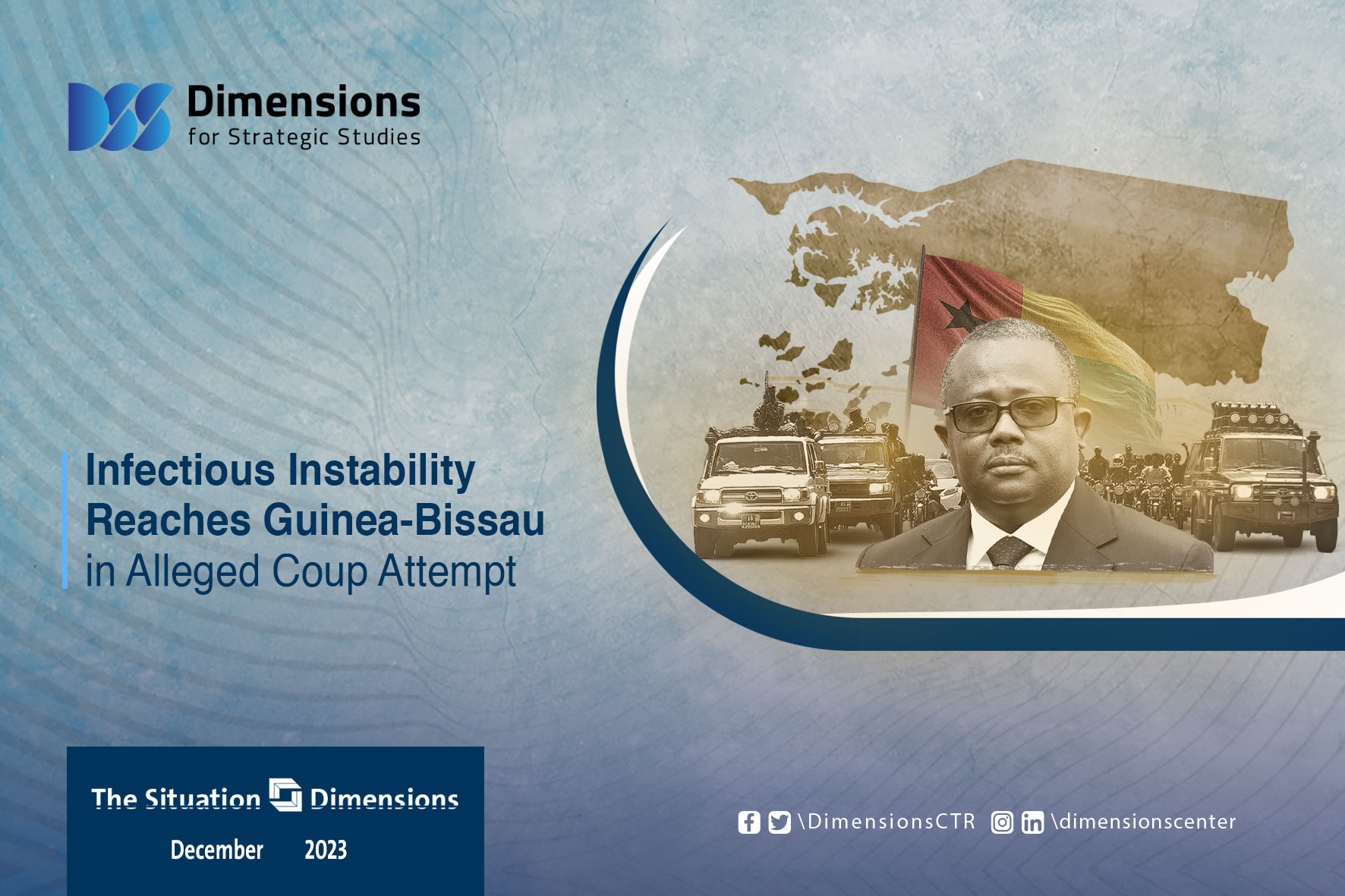
Infectious Instability Reaches Guinea-Bissau in Alleged Coup Attempt
2023-12-112155 view
Guinea-Bissau is a small country on the West African coast, bordered by Senegal to the north, Guinea to the south and east, and the Atlantic Ocean to the west. It was called Portuguese Guinea during Portuguese colonial rule, but after independence in 1974, the name of the capital, Bissau, was added to distinguish it from Guinea Conakry. Muslims constitute the vast majority of the population, and Portuguese is an official language.
Guinea-Bissau, like much of West Africa and the Sahel, is seeing escalating political instability. On December 4, President Omar Al-Mukhtar Sisco Embalo dissolved parliament, following clashes between different factions of the army which he described as a coup attempt.
The fighting broke out after members of the National Guard had attempted to free the Minister of Economy and Finance, Suleiman Sidi, and the Minister of State for the Public Treasury, Antonio Montero, who were detained at Judicial Police Headquarters, charged with embezzlement and corruption. The resulting clashes killed two people.
Embalo’s subsequent move to dissolve parliament and his accusations that the body was complicit in what he called a coup attempt, reveals the depth of political tensions in the country. The National Guard’s attempt to free the two detained ministers suggests a division between ministers aligned with part of the army and with parliament, on the one hand, and other ministers who back a different army faction and President Embalo, on the other.
By labeling the events as a coup attempt, the president is trying to shore up his legitimacy and to win over local and regional public opinion. This was evident when he described the coup in nearby Niger in July as an existential threat to the countries of the African Union. Embalo, who was elected to a five-year term in December 2019, has already survived one failed coup attempt, in February 2022.
Indeed, Guinea-Bissau has experienced no fewer than 10 coups or attempted coups since winning its independence from Portugal in 1974. Not a single one of its democratically elected presidents has been able to complete a full term in office.
The latest developments suggest that Guinea-Bissau could be vulnerable to the contagious rush of coups and unrest that has hit West Africa and the Sahel in recent months. This could be a boon for extremist organizations such as ISIS and Al-Qaeda in West Africa.





